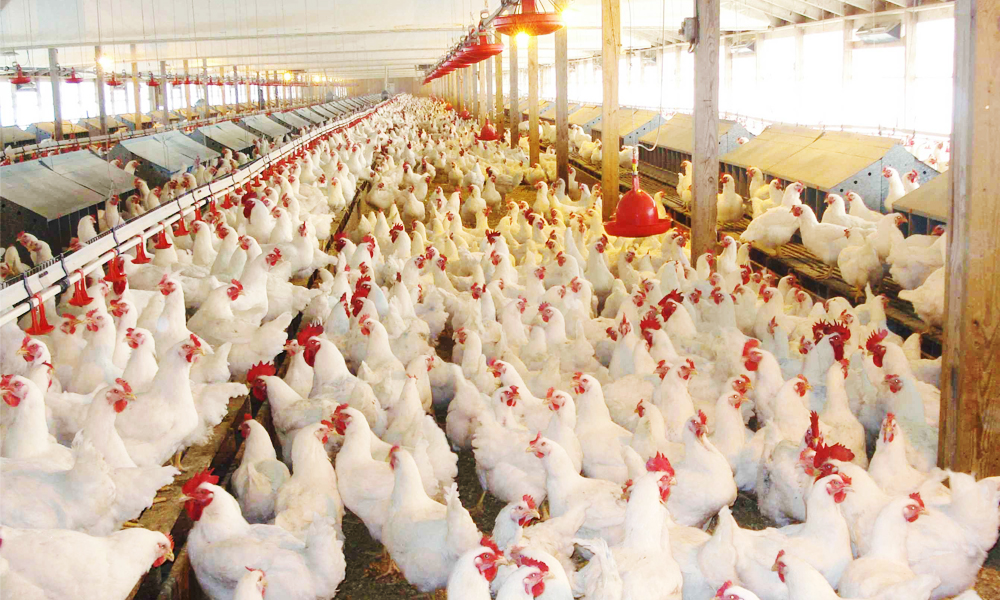Chicken raising equipment raising chicken, paying attention to three aspects
- font size decrease font size increase font size
The use of chicken farming equipment to raise chickens can give the chickens a comfortable environment for growth and control the environment of the house. Whether it is rainy, hot season or cold season, chicken houses with poultry rearing equipment can be protected from external factors. In order for the flock to grow and produce healthily, the management of the chicken environment is very important. The author will talk about the three environmental aspects that should be considered.
1. Temperature: The management of temperature is very important for the growth of chickens. The appropriate temperature affects the health of the chickens and feeds. Therefore, in the process of raising chickens, farmers must pay attention to the control of the temperature of the chicken house. The production temperature required for the variety and the chickens at different stages is different. The farmers should adjust the temperature reasonably. Generally, if the laying hens are raised, it is recommended that the temperature of the house should be 5-28 °C. The suitable temperature is 13~20°C. The temperature of the house where the broiler is kept can be controlled at 34-35°C in the chicken stage. The first week is 1°C in two days, and the second week starts to drop two°C in three days, generally down to 25 in 21 days. Around °C, in fact, no matter what chickens have no absolute temperature, the specific situation should be observed in the flock, adjusted according to the actual situation.

2. Humidity: During the process of raising chickens, farmers must not neglect the management of humidity. If the house is too dry, it will cause dust to fly (the bacteria usually have bacteria and viruses attached to it), and the flying dust will enter the upper respiratory tract. Causes respiratory diseases; it can also cause dehydration of chickens (especially chicks within one week of age), resulting in dryness of the upper respiratory tract mucosa and a decrease in the natural barrier. Humidity is too large, and the wind speed in the house is reduced, which affects the heat dissipation of the chicken. This is the main cause of heatstroke in the hot season; excessive humidity is beneficial to the reproduction of bacteria and coccidia. Generally speaking, the relative humidity in the house should not be lower than 40%, nor should it exceed 70%.
3. Ventilation: Reasonable and effective ventilation can discharge harmful gases such as ammonia in the house, let fresh air enter the house, so that the flock can breathe fresh air. In addition, reasonable ventilation in the hot season can also cool down the house. Nowadays, manufacturers generally use the chicken equipment fan and the wet curtain to cool the house, which is very effective.
The above is the author's description of the three aspects of environmental management that farmers need to pay attention to in the process of raising chickens using chicken farming equipment.

